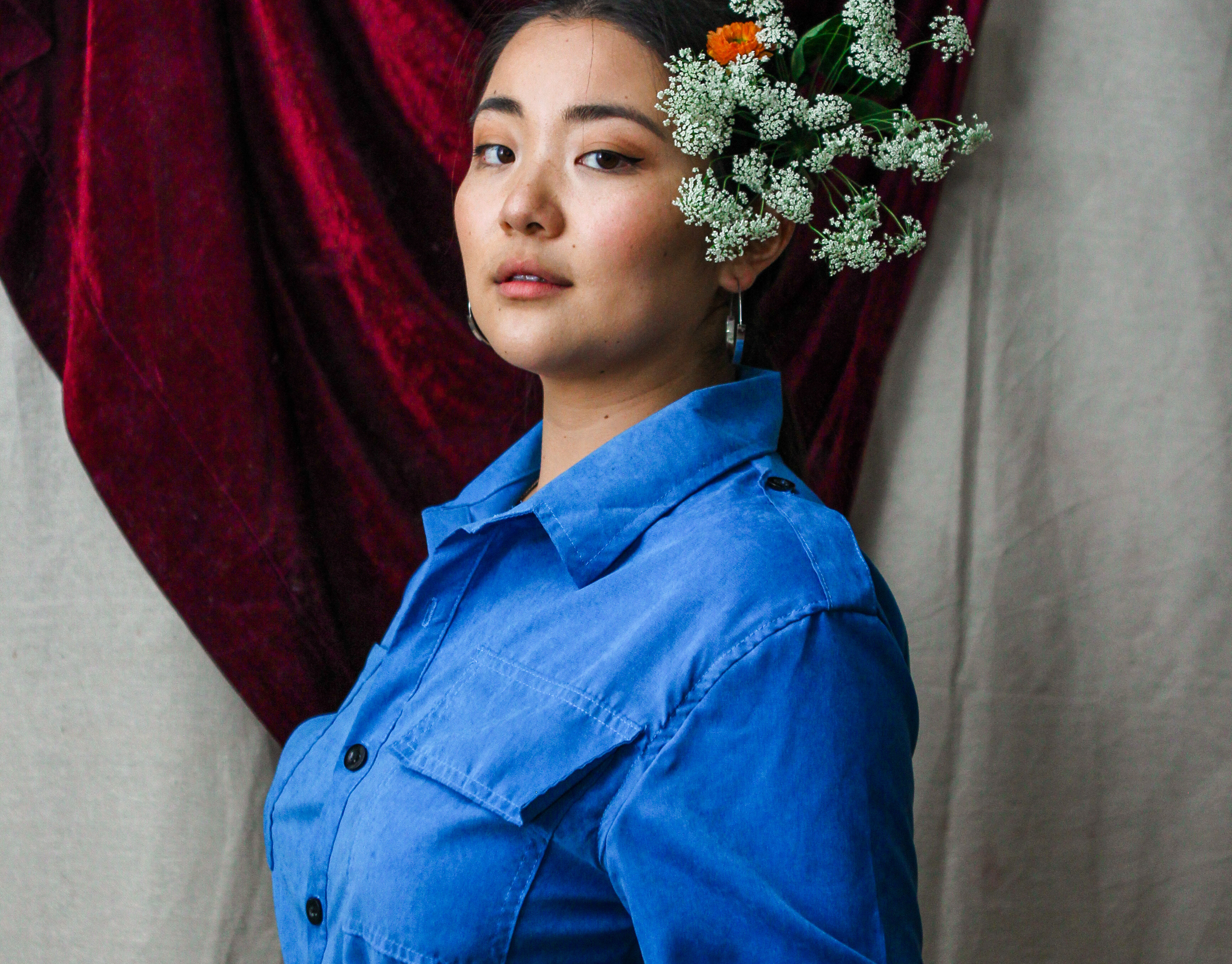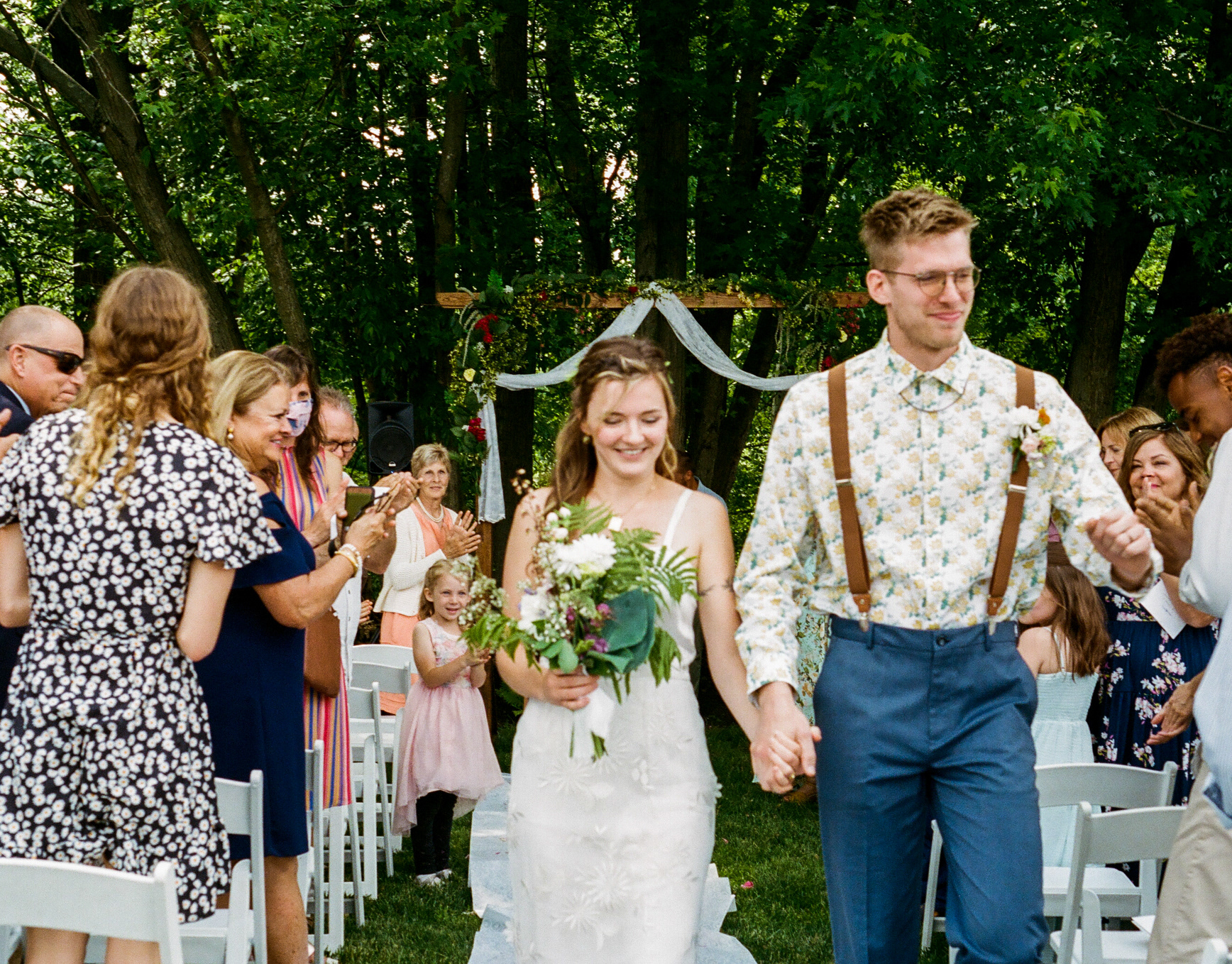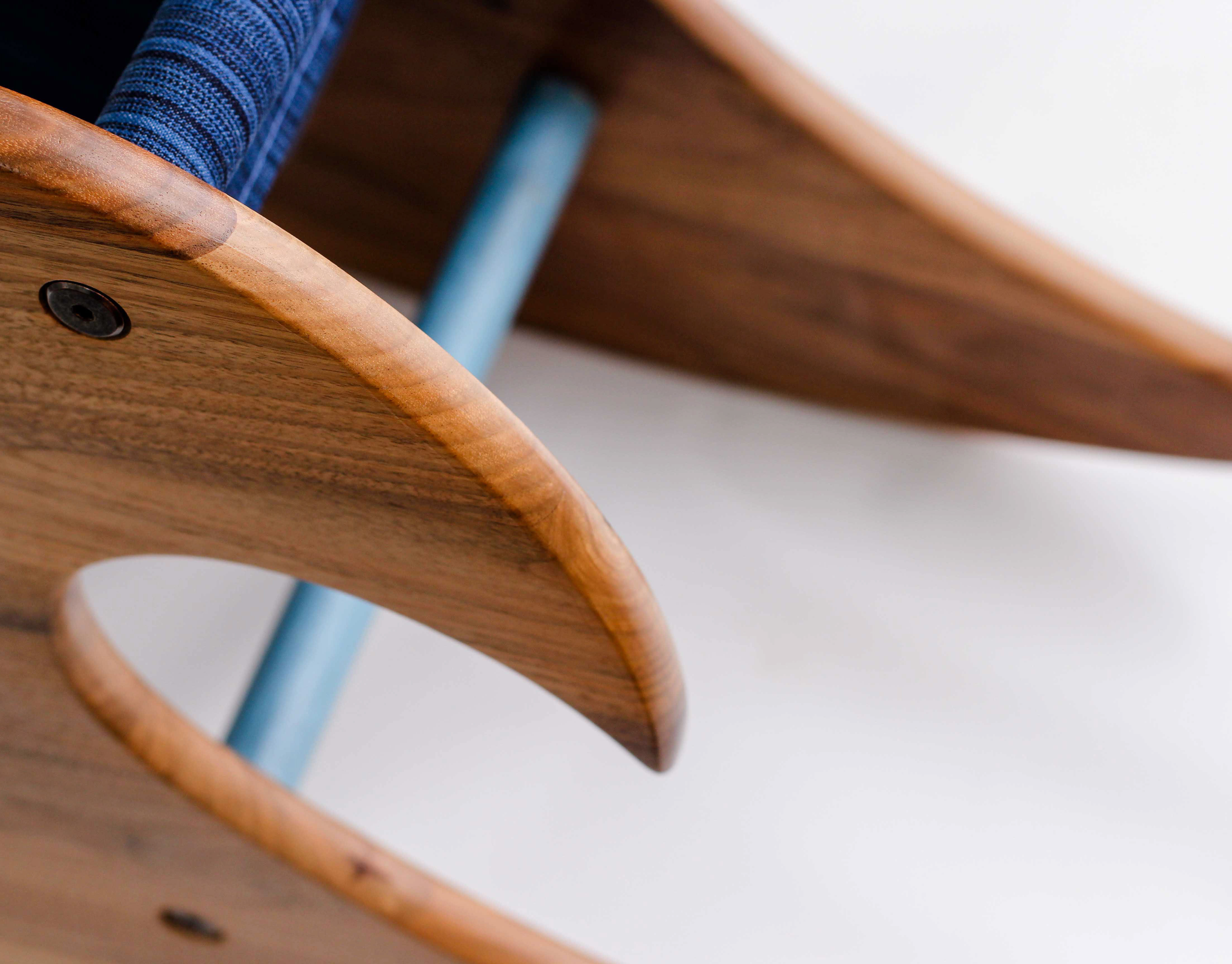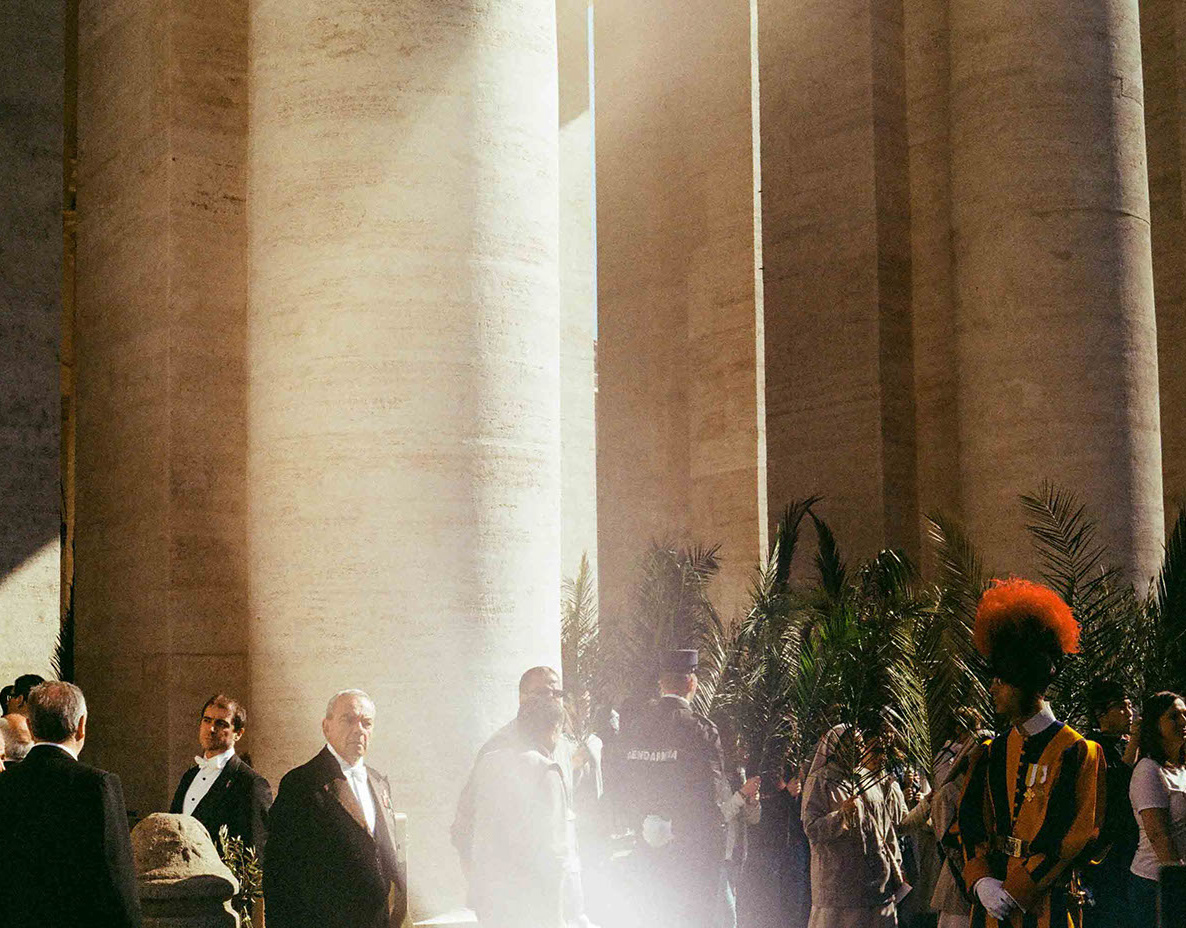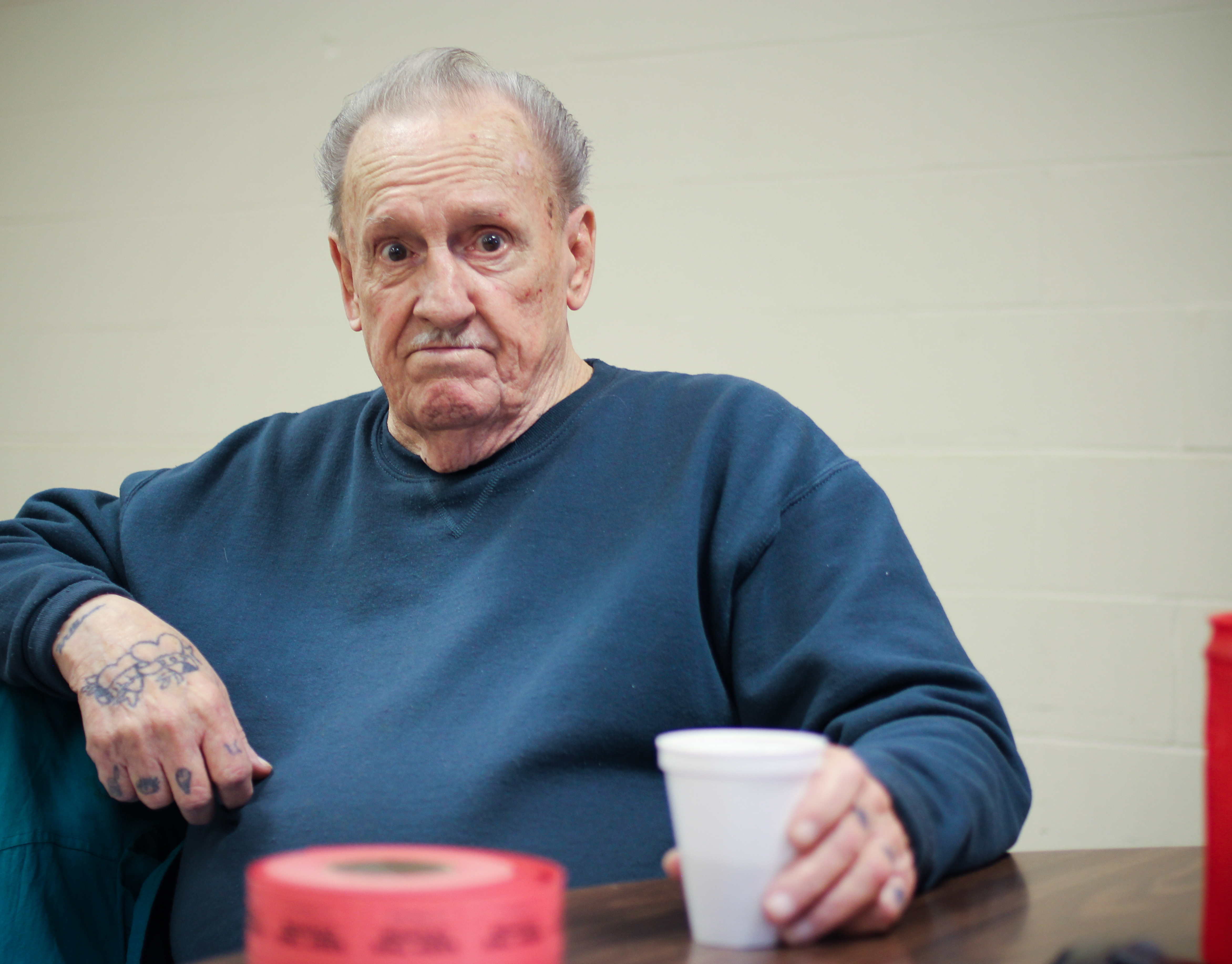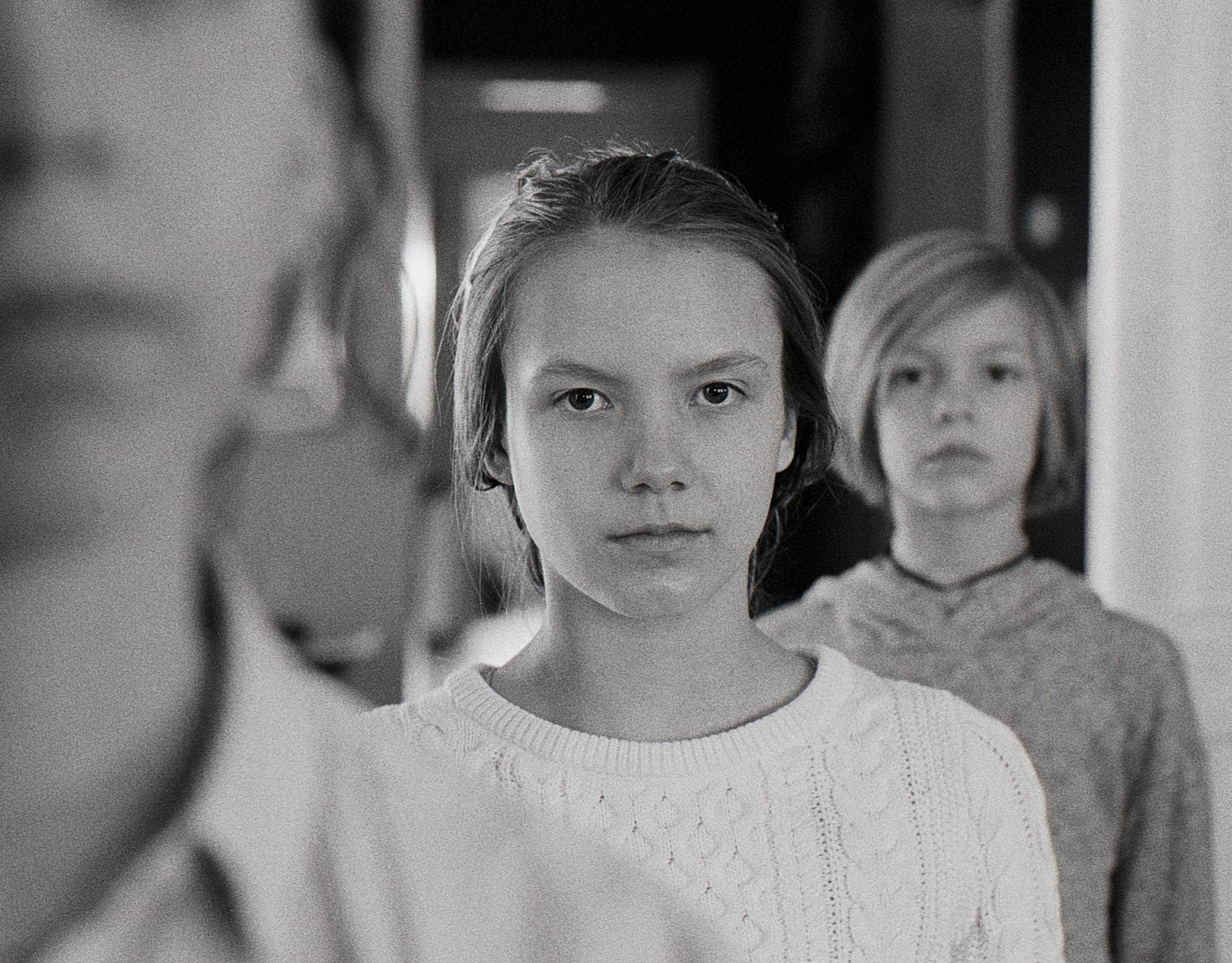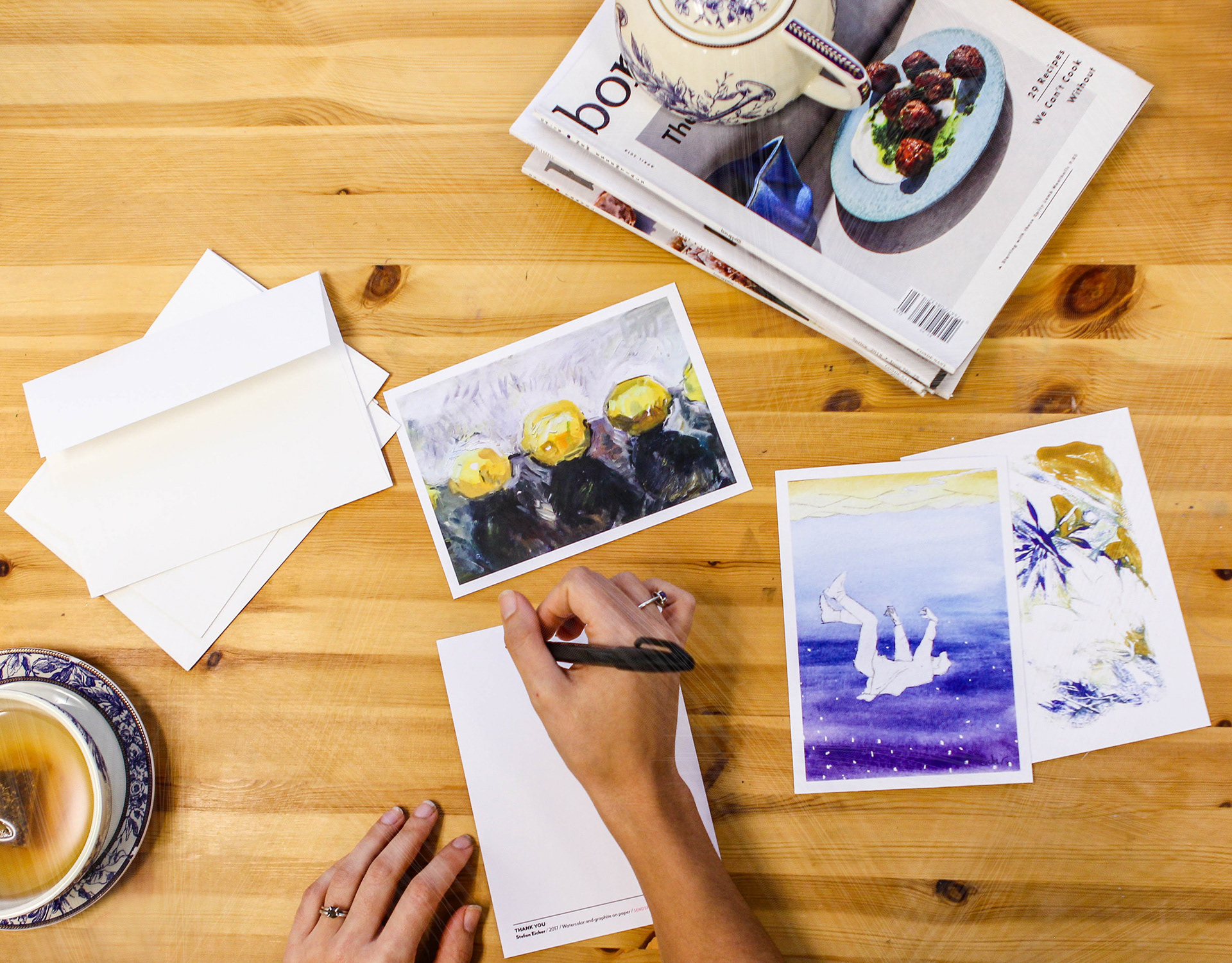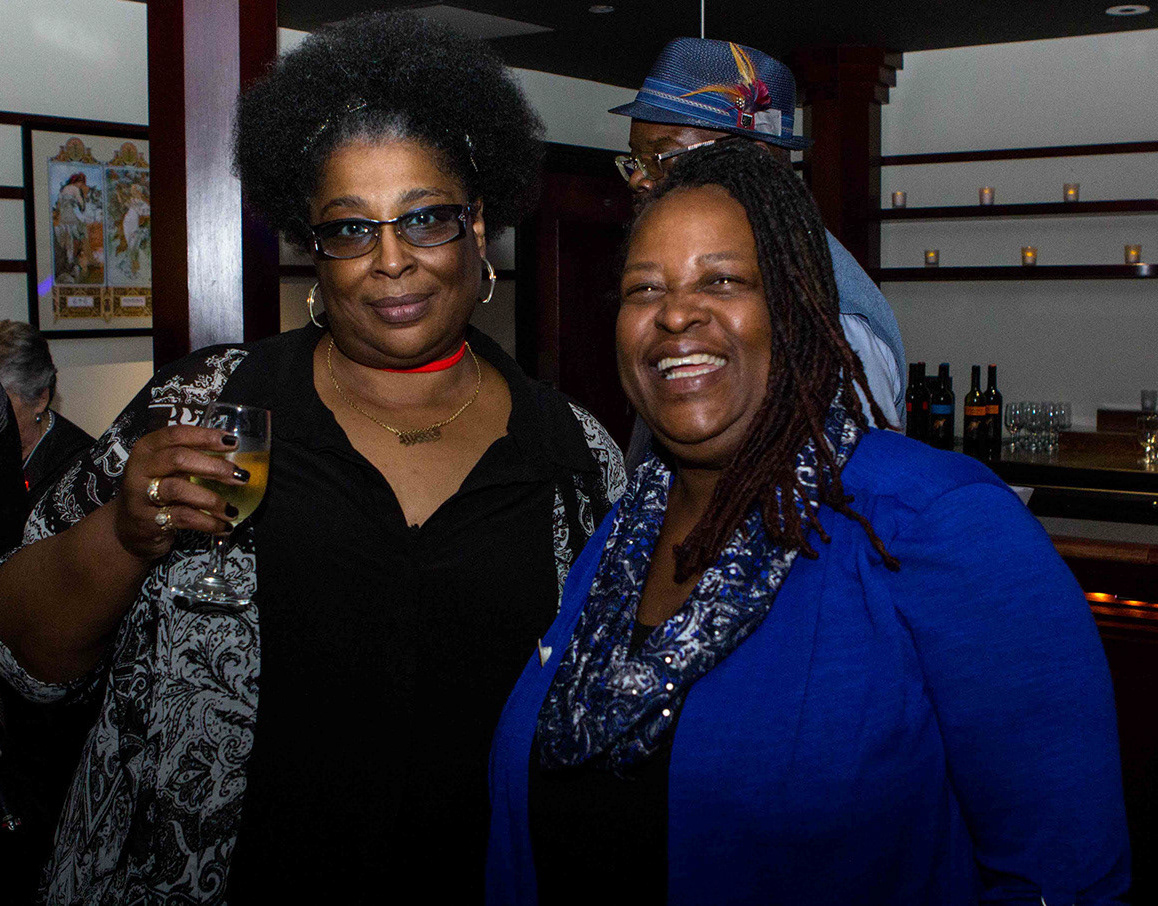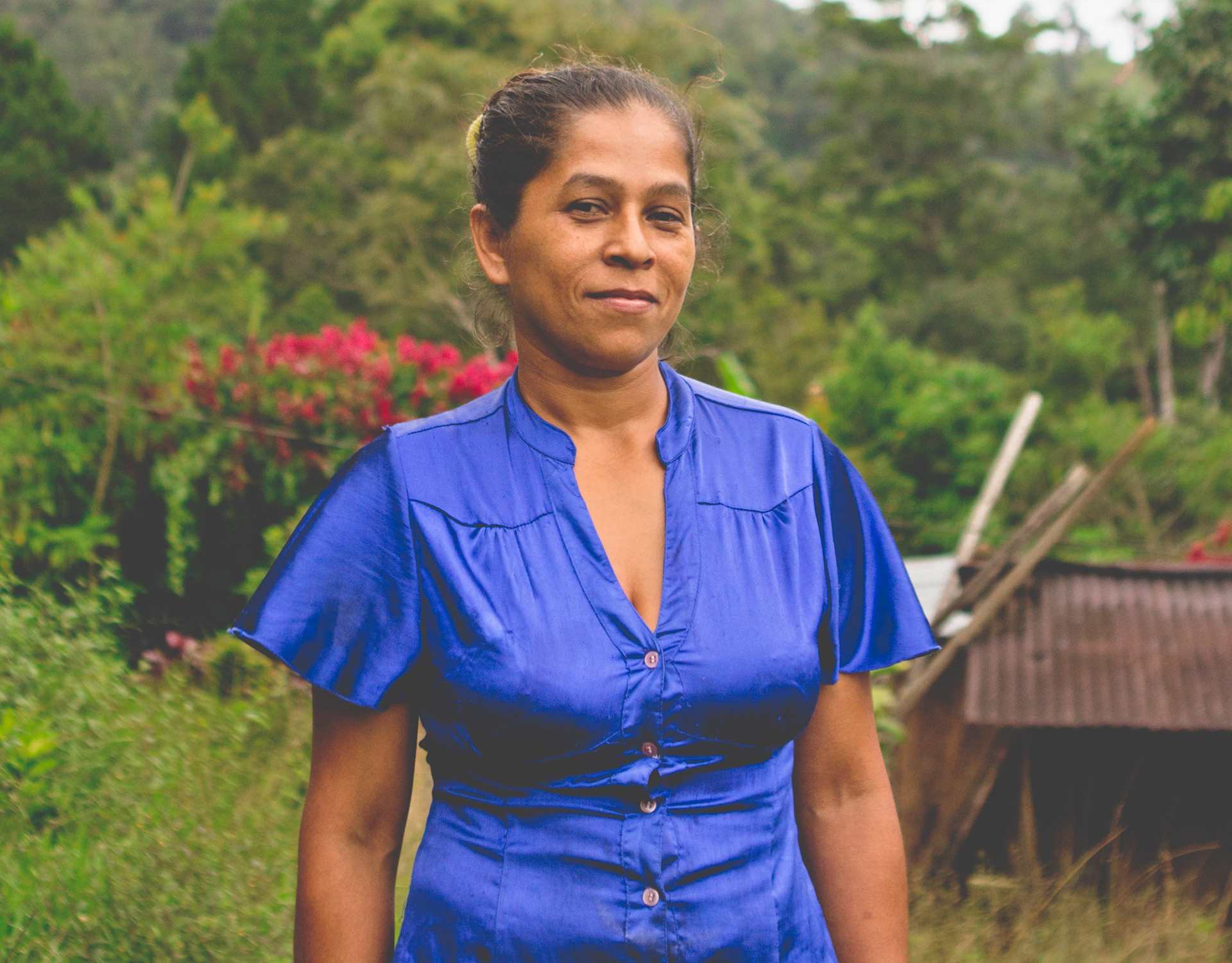When I was little, my grandma would straighten her tight ringlets with a flat iron, and then re-curl her hair into a more gentle curl. This routine became part of my understanding of being at my grandma’s house. I would sit on her bed and watch cartoons while she re-curled her hair. My grandma is Lumbee Native, part of a small tribe from North Carolina, and her family has the same curly hair. As I grew older, she began to reconnect to that identity and community. As she reconnected to the heritage that had given her curls, she slowly stopped straightening and re-curling her hair. In the years of my grandmother rediscovering her heritage, she has grown a love for her natural hair.
Whether you spend hours caring for it, or roll out of bed each morning, hair is part of your identity. Even if it’s just how you understand yourself physically, hair (or lack of it) makes up a part of who you are. Yet, more often than not, hair embodies a more significant part of yourself beyond just the physical, and because the self is political, so is hair. From the Kardashian’s wearing box braids to Kendrick having his hair twisted at the club in ‘i’, there is power inherent in who can have what hair and when.
This series is a small examination of hair, identity, and power, and a statement on how ethereal and ever-changing our relationship to hair is.
